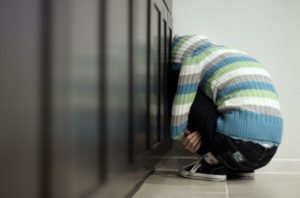From Intellectual Takeout: “Children haven’t changed, but our expectations of their behavior have. In just one generation, children are going to school at younger and younger ages, and are spending more time in school than ever before. They are increasingly required to learn academic content at an early age that may be well above their developmental capability.
In 1998, 31 percent of teachers expected children to learn to read in kindergarten. In 2010, 80 percent of teachers expected this. Now, children are expected to read in kindergarten and to become proficient readers soon after, despite research showing that pushing early literacy can do more harm than good.
In their report Reading in Kindergarten: Little to Gain and Much to Lose education professor Nancy Carlsson-Paige and her colleagues warn about the hazards of early reading instruction. They write,
When children have educational experiences that are not geared to their developmental level or in tune with their learning needs and cultures, it can cause them great harm, including feelings of inadequacy, anxiety and confusion. […]
It should be no surprise that as we place young children in artificial learning environments, separated from their family for long lengths of time, and expect them to comply with a standardized, test-driven curriculum, it will be too much for many of them.
New findings by Harvard Medical School researchers confirm that it’s not the children who are failing, it’s the schools we place them in too early. These researchers discovered that children who start school as among the youngest in their grade have a much greater likelihood of getting an ADHD diagnosis than older children in their grade. In fact, for the U.S. states studied with a September 1st enrollment cut-off date, children born in August were 30 percent more likely to be diagnosed with ADHD than their older peers.”












